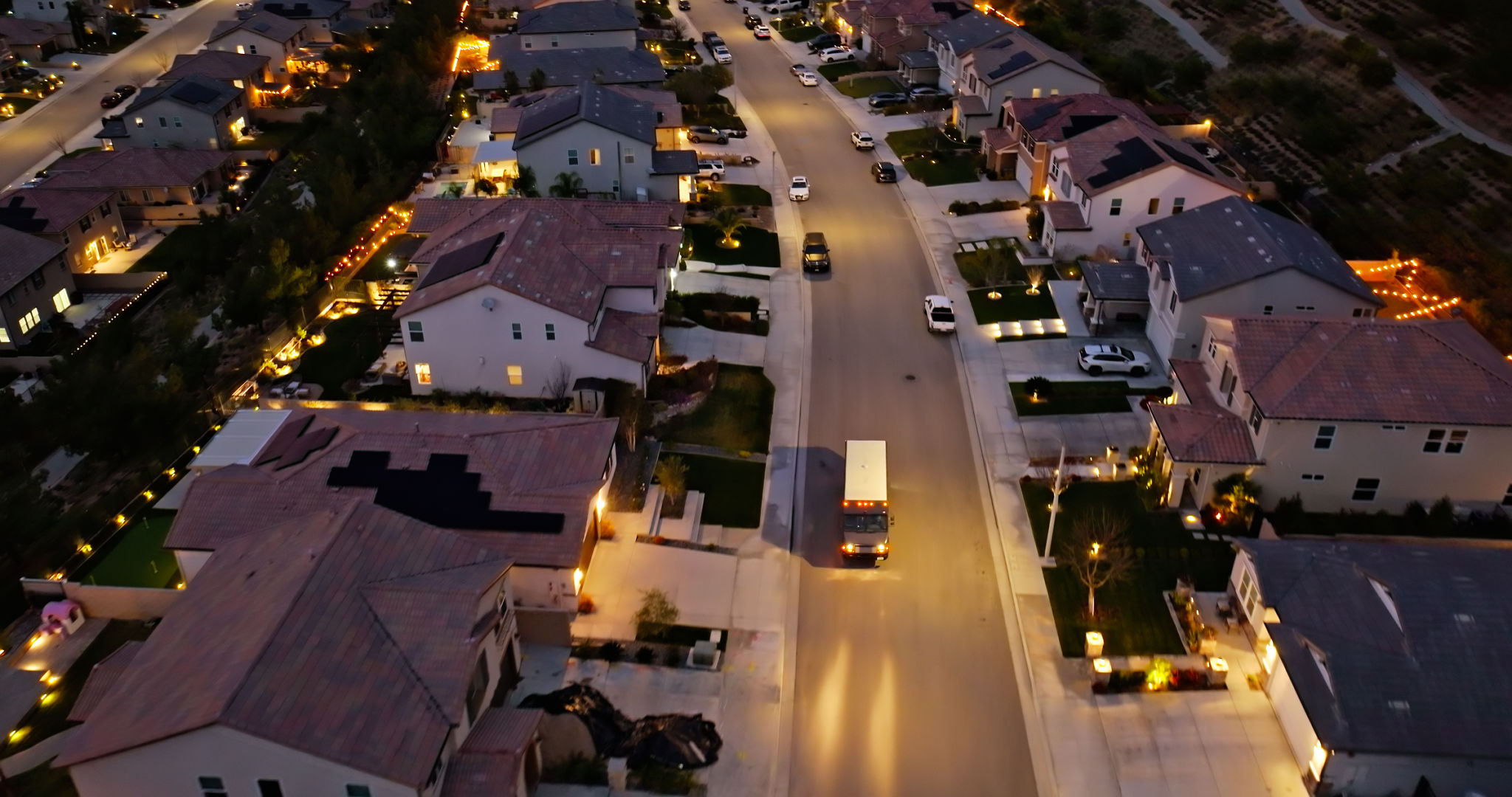The Latest Innovations in Smart Home Electrical Systems
Introduction to Smart Home Electrical Systems
The concept of a smart home has evolved rapidly over the last few years, transforming from a futuristic dream into a modern-day reality. One of the most significant aspects driving this change is the innovation in smart home electrical systems. These advancements have made homes more efficient, convenient, and secure, offering homeowners unprecedented control over their living environments.
Smart home electrical systems integrate various devices and technologies to automate and manage different aspects of home functionality. From lighting and temperature control to security and energy management, these systems are designed to enhance the overall quality of life. Let's explore some of the latest innovations shaping this exciting field.

Advanced Lighting Solutions
Lighting is a fundamental component of any smart home setup. Recent innovations have introduced adaptive lighting systems that automatically adjust based on the time of day, occupancy, or personal preferences. These systems not only enhance comfort but also contribute to energy savings.
One of the most popular innovations is the use of smart bulbs and switches. These devices can be controlled remotely via smartphone apps or voice commands through integrated platforms like Amazon Alexa or Google Assistant. With features such as dimming, color changing, and scheduling, smart lighting offers a customizable experience tailored to individual needs.
Smart Climate Control
Another significant advancement in smart home electrical systems is intelligent climate control. Smart thermostats have revolutionized the way homeowners manage heating and cooling. By learning user habits and preferences, these devices optimize energy usage while maintaining optimal comfort levels.
Many smart thermostats come with sensors that detect occupancy and adjust settings accordingly. They also provide insights into energy consumption patterns, allowing users to make informed decisions about their energy use. This not only leads to reduced utility bills but also promotes environmental sustainability.

Innovative Security Systems
Security is a top priority for most homeowners, and smart home technology has made significant strides in this area. From video doorbells to smart locks and surveillance cameras, these systems provide comprehensive security solutions that can be monitored and controlled remotely.
Many smart security systems offer features like motion detection, facial recognition, and real-time alerts. These systems can be integrated with other smart devices for seamless operation, ensuring peace of mind whether you're at home or away.
Energy Management and Sustainability
With growing awareness about environmental issues, many homeowners are turning to smart energy management systems to reduce their carbon footprint. These systems provide real-time data on energy usage, helping users identify areas where they can cut back and adopt more sustainable practices.
Innovations such as solar panel integration and battery storage solutions allow homes to generate and store their own energy. By optimizing the use of renewable resources, these systems contribute to a more sustainable future while offering cost savings on energy bills.

The Role of Artificial Intelligence
Artificial intelligence (AI) plays a critical role in the advancement of smart home electrical systems. AI-powered devices can learn from user behavior and make autonomous decisions to improve efficiency and convenience. For example, AI can predict when you're likely to arrive home and adjust the lighting and temperature accordingly.
This level of automation enhances the overall user experience by creating an environment that adapts to individual preferences without requiring manual input. As AI technology continues to develop, its integration into smart home systems will undoubtedly lead to even more sophisticated solutions.
The Future of Smart Home Electrical Systems
The future of smart home electrical systems looks promising with continuous innovations on the horizon. As technology advances, we can expect even more seamless integration between various devices, enhancing interoperability across platforms.
Emerging technologies like 5G connectivity and edge computing will further drive the capabilities of smart homes, enabling faster data processing and real-time communication between devices. This will lead to smarter, more efficient homes that cater to the evolving needs of modern living.
In conclusion, the latest innovations in smart home electrical systems are transforming the way we live by providing enhanced control, efficiency, and security. As these technologies continue to evolve, homeowners can look forward to an even more connected and sustainable future.
